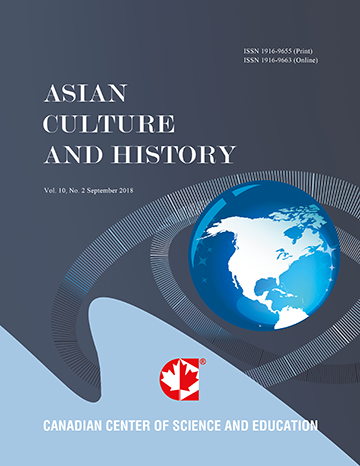The Historical and Philosophical Evolution of Xīnxué: From Confucius to Wáng Yángmíng and Beyond
- Xin Yuan
- Mohd Syahmir Alias
Abstract
Xīnxué, or “the learning of the heart-mind,” is a defining strand of Neo-Confucian thought, with Wáng Yángmíng as one of its most influential figures. Rooted in Confucianism yet enriched by Daoist cosmology and Buddhist introspection, it represents centuries of intellectual synthesis. This article examines the historical evolution of xīnxué a qualitative approach, employing document-based library research and historical analysis to trace its origins, transformations, and culmination. The study traces five main stages: its germination in the pre-Qín period; consolidation of Confucian orthodoxy in the Hàn dynasty and integration with Daoist and Buddhist thought in the Táng; theoretical refinements in Sòng Neo-Confucianism; maturity in the Míng under Wáng Yángmíng; and later transformations in the Qīng, modern reinterpretations, and transmission across East Asia. Findings show that Wáng’s synthesis—articulated in “mind is principle” (xīn jí lǐ), “unity of knowledge and action” (zhī xíng hé yī), and “innate moral knowledge” or “conscience” (liángzhī)—reshaped Confucianism while responding to the moral crises of his time. The study concludes that xīnxué’s enduring significance lies in cultivating moral self-awareness, guiding personal and social responsibility, and offering a framework for cross-cultural philosophical dialogue.
- Full Text:
 PDF
PDF
- DOI:10.5539/ach.v17n2p66
Journal Metrics
Google-based Impact Factor (2017): 5.42
h-index (January 2018): 11
i10-index (January 2018): 21
h5-index (January 2018): 6
h5-median (January 2018): 9
Index
- Academic Journals Database
- CNKI Scholar
- COPAC
- EconPapers
- Elektronische Zeitschriftenbibliothek (EZB)
- Excellence in Research for Australia (ERA)
- Genamics JournalSeek
- Google Scholar
- Infotrieve
- LOCKSS
- MIAR
- NewJour
- Open J-Gate
- PKP Open Archives Harvester
- Publons
- RePEc
- Scilit
- SHERPA/RoMEO
- Standard Periodical Directory
- Technische Informationsbibliothek (TIB)
- The Keepers Registry
- Universe Digital Library
- WorldCat
Contact
- Ivan YongEditorial Assistant
- ach@ccsenet.org
